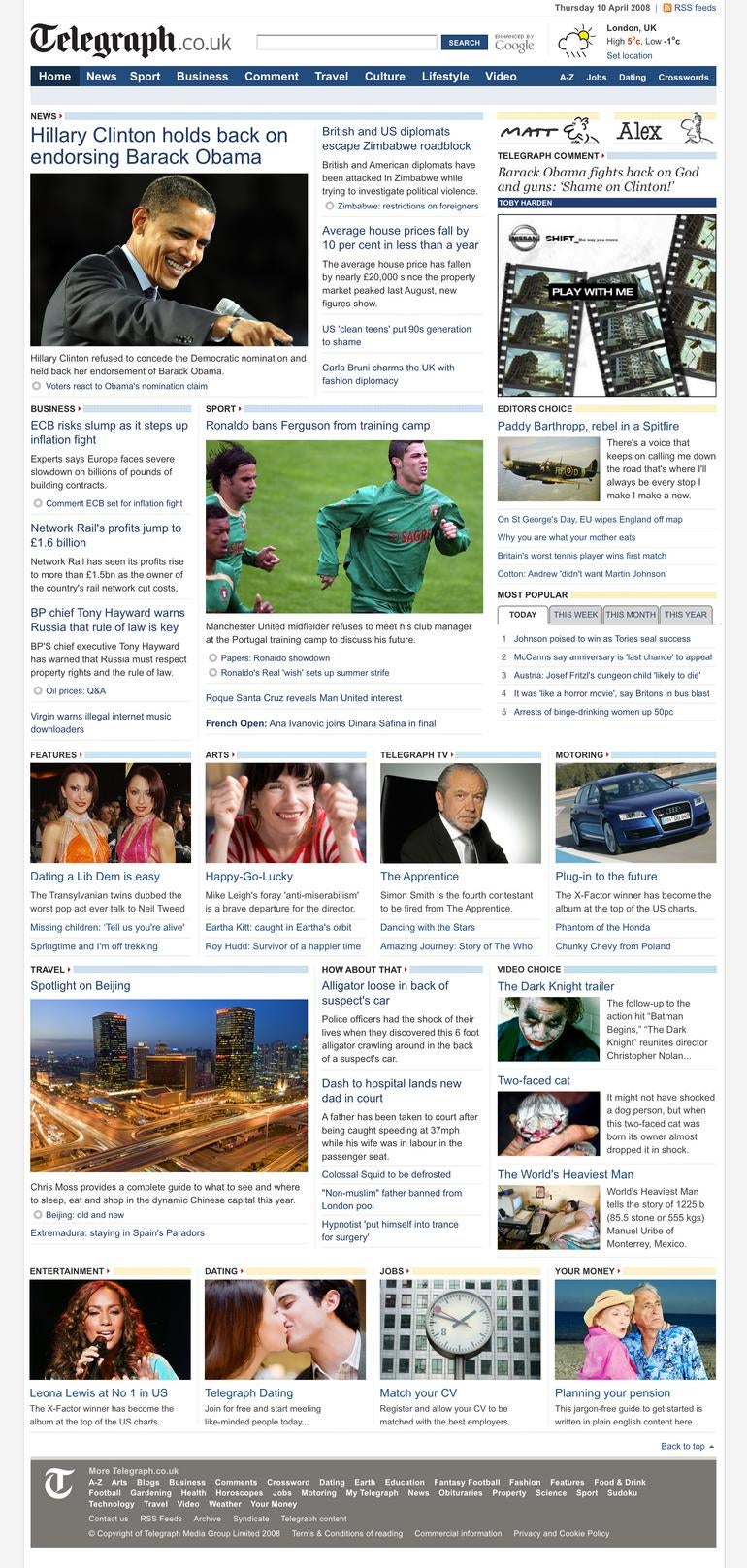
The Newspaper Licensing Agency won a significant victory this morning as the High Court ruled that aggregated web links taken from newspaper websites are protected by copyright law.
In a judgment issued this morning Mrs Justice Proudman ruled that end-users who paid aggregator Meltwater News to distribute online newspaper content in the form of a news monitoring service infringed publisher’s copyright if they acted without an NLA licence.
The ruling suggests that copyright can be applied to aggregated online news headlines and that any business using a monitoring service needed to reach a commercial agreement with the NLA – through a licence. However, Justice Proudman granted permission to appeal her decision.
Meltwarter said it believed today’s judgment undermined the basic principles of the operation and use of the internet and ‘reaches a wrong interpretation of the law”.
The High Court ruling is the latest twist in the ongoing battle between the NLA, which is owned by eight of the UK’s largest newspaper publishers, and Meltwater over the use of aggregated headlines.
In May, the NLA named Meltwater and the Public Relations Consultants Association, a PR trade body, as counterparties as it sought a High Court ruling to resolve ongoing uncertainty over its controversial web licensing scheme which put limits on whether aggregators could copy and distribute online newspaper content.
Press cuttings agencies and the PR industry currently pay the NLA a fee for reproducing articles in full.
At the start of the year, the NLA issued over 400 licences covering the use of online headlines from newspaper publishers. All client aggregation services, bar Meltwater, signed up to these new licences.
Meltwater objected to charges of up to £10,000 a year to allow it to use headlines, links, and short text extracts from online stories.
Together with the PRCA, Meltwater initiated separate Copyright Tribunal proceedings to rule on the commercial aspects of the new licences.
The Copyright Tribunal is expected to meet and review the commercial terms for both end end-user and aggregator licences in February 2011.
David Pugh, managing director of the NLA, welcomed today’s ruling.
‘We hope this ruling will help ensure a fair share of web monitoring revenue for publishers and a fair media monitoring market,’he said.
‘Creating news content for the web is a substantial investment for publishers – it is therefore only right that they take a share when others are profiting from it.
‘We estimate the total UK market for online news monitoring to be worth around £10 million.
‘As newspapers’ content is central to that market, we believe publishers should earn a fair share of revenues from paid-for monitoring…
‘Now we have legal clarity, we look forward to the Copyright Tribunal decisions on the commercial aspects of web licensing.
‘The NLA would like to see as swift and complete a resolution as possible for all parties – publishers, media monitoring companies and their clients.”
A statement issued by Meltwater said the High Court ruling was “only an interlude towards the Copyright Tribunal decision” which is expected to rule on the reasonableness of the NLA’s licensing terms.
“Meltwater has challenged the NLA licensing scheme on two main accounts. Firstly we do not agree that our clients are required to sign a licensing agreement to receive email reports containing links to the online news article,” the statement said.
“Secondly, Meltwater has challenged the aggressive fee structure and the terms demanded from our clients. Meltwater and its legal team stand firmly behind these objections.
“The first instance High Court ruling undermines the basic principles of the operation and use of the Internet.
“First, it means that simply the browsing of copyright protected content made freely available on the Internet will infringe copyright if it is read without a rightholder licence. We believe that browsing content made available on the Internet should not infringe copyright.
“Secondly, simply using headlines of an article for bibliographic reference could infringe copyright.
“These are general principles that need to be addressed by the courts. In any event, Meltwater still looks forward to the Copyright Tribunal’s ruling on Meltwater’s case against the reasonableness of the NLA’s licensing scheme.”
Email pged@pressgazette.co.uk to point out mistakes, provide story tips or send in a letter for publication on our "Letters Page" blog
